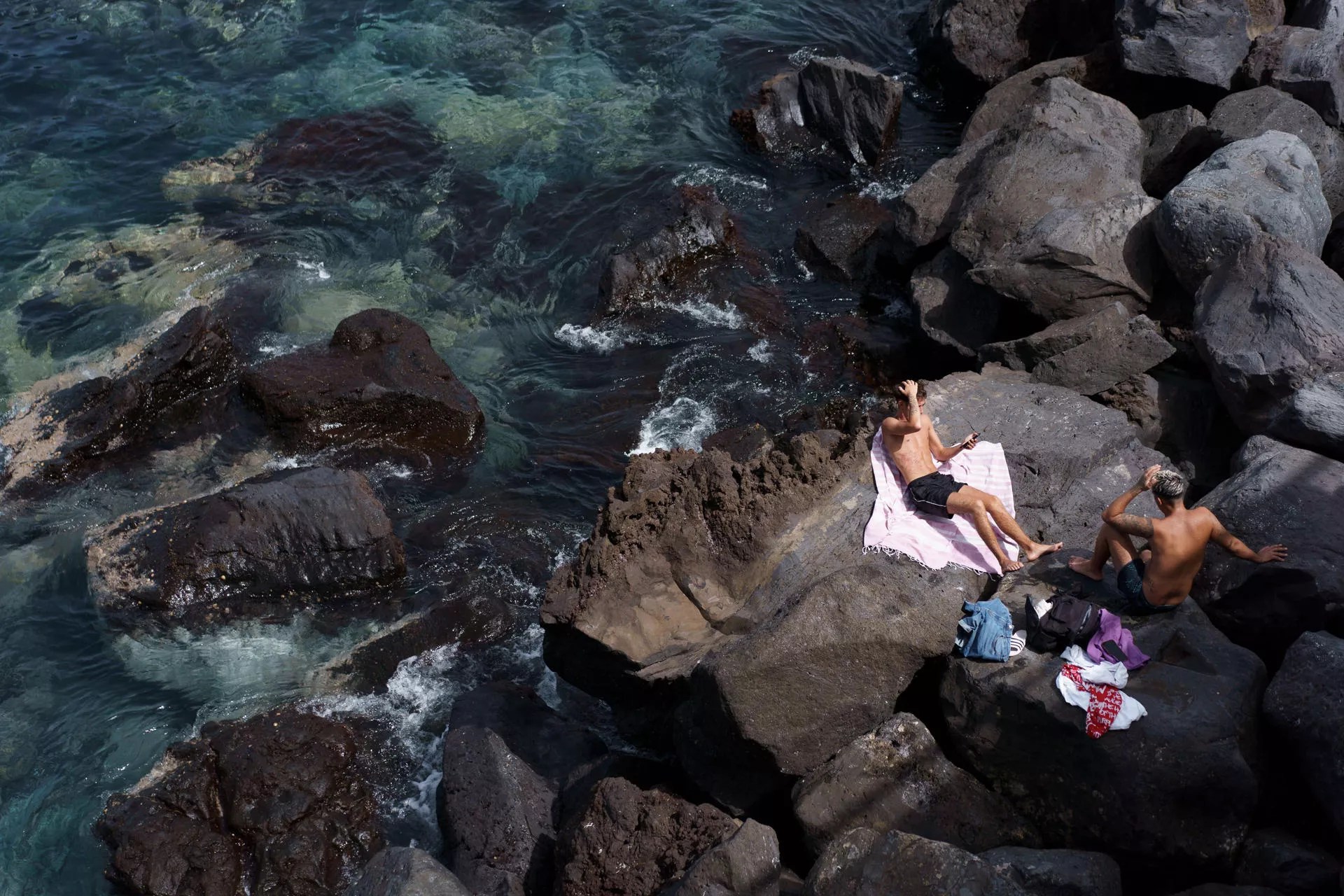The former Minister of Transport regards the appointment of Conrado Domínguez as a “success” and advocates for the “transparency” of the Canarian government.
Santa Cruz de Tenerife, 28 Mar (Europa Press) –
This Friday, Sebastián Franquis, the ex-Minister of Transport for the Government of the Canary Islands and spokesperson for the Socialist Parliamentary Group, stated that the responsibilities surrounding the procurement of healthcare materials are “clear” and fall under the Canary Health Service (SCS), primarily the Directorate of Economic Resources.
During a session before the Parliamentary Committee for the Procurement of Healthcare Materials, he commented on the appointment of Conrado Domínguez as the director of the SCS, along with remarks made by Canarian President Fernando Clavijo during a radio interview, defending the “transparency” of the government for cooperating with justice from the outset and expressing his hope that “the full force of the law” is applied to those who have benefited unlawfully.
He noted that it was “reasonable” for Conrado Domínguez to be a member of the Health Management Committee due to the significance of transport during the pandemic, but he refrained from clarifying whether this played a pivotal role in the dismissal of Health Minister Teresa Cruz. “That is the president’s responsibility,” he clarified.
In contrast to former social rights adviser Noemí Santana, he rejected claims of “malpractice” in the Canary Islands during the pandemic, although he acknowledged there were “errors and successes” resulting from time-sensitive decision-making, aspiring to derive lessons that would enhance “legal certainty” in future decisions.
According to the former councillor, a “clear example” of the government’s overall “good faith” and proper conduct throughout the pandemic is their recent victory in the regional elections.
He recalled the “overwhelming” challenges faced at the outset of the pandemic to secure masks for healthcare personnel and supported the model of having committees—three in total—as it encouraged non-collegiate advisory bodies to connect with society and various productive sectors.
Franquis asserted that the committee approved in 2014 was “very rigid”, making the sector committee format more favourable, adding that no proposals or offers from entrepreneurs to sell materials were received.
In this context, he underscored that there was “never” discussion concerning the purchase of materials within those committees since it was a responsibility of the SCS, and emphasised that he learned of the RR7 contract through the media, which caused him “great discomfort.”
He claimed to be unaware of whether Conrado Domínguez had an office in the Ministry of Health while serving as Technical General Secretary of the Ministry of Public Works, stating, “I am convinced that it was not the case,” and denied having any interactions with Koldo García or Víctor de Aldama.
“I was not aware of the situation,”
He emphasised that his “only involvement” with the healthcare materials was the 105,000 masks allocated by the Ministry of Transport and distributed among the councils, insisting he did not know who initiated the procurement of masks through the company Management Solutions, which had backing from the Ministry.
Additionally, he mentioned he was not present at the meeting between former Canary Islands President Ángel Víctor Torres and businessman Ignacio Díaz-Tapia, who is being investigated in the ‘Koldo Case’, regarding the introduction of a testing system at airports.
The former councillor also stated he was uncertain whether European funds were utilised for the procurement of materials and remarked that he was not “cognisant of what occurred on that occasion,” dismissing the criticisms from PP deputy Fernando Teach.
“I was striving to fulfil my responsibilities as best I could, engaging with the relevant sectors to ensure measures were in agreement with the population at large, with the sole aim of overcoming the virus and safeguarding lives,” he remarked.
















